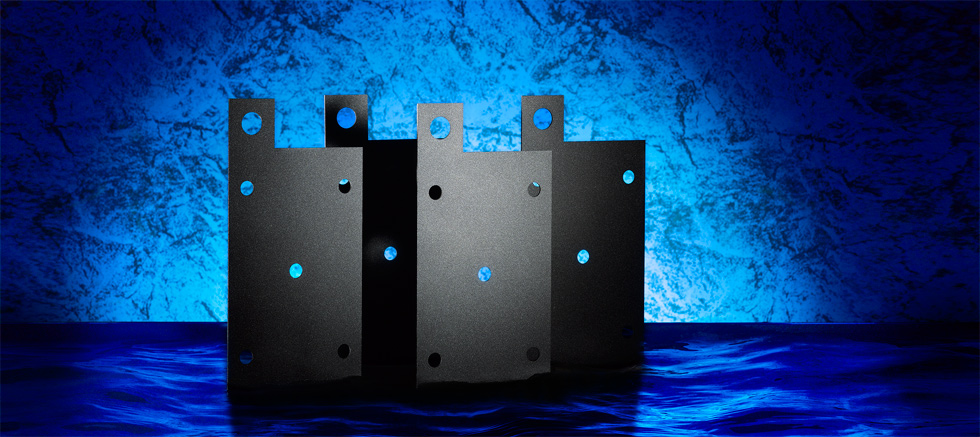Products
Electrodes
Thanks to their outstanding properties, diamond electrodes have displayed steady market growth in recent years. They can do amazing things in particular in water treatment and electrochemical synthesis.
They have a particularly wide electrochemical window, which makes it possible, for example, to produce extremely strong oxidising agents such as OH-radicals directly from water without adding any further chemicals.
Many years of development, extensive field tests and use on an industrial scale over a long period of time in aggressive media affirm that DiaCCon diamond electrodes offer excellent long-term stability.
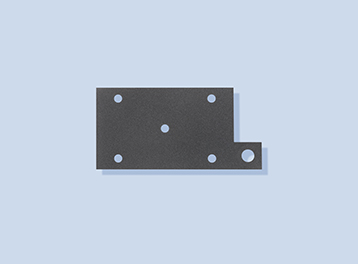
Standard electrode
Bärbel type
Dimensions
(excluding terminal lug):
250 mm x 150 mm
Active electrode surface area:
750 cm2
Layer thickness:
≥ 12 µm
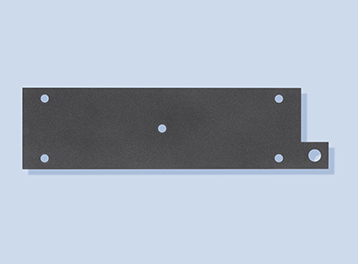
Standard electrode
Barbara type
Dimensions
(excluding terminal lug):
500 mm x 150 mm
Active electrode surface area:
1500 cm2
Layer thickness:
≥ 12 µm
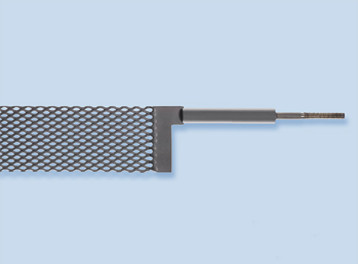
Expanded metal electrodes
Expanded metal grates in a wide range of different designs with and without contacting elements welded on.
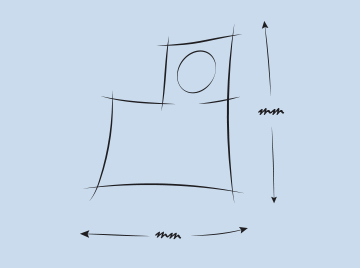
Special geometries
Geometries produced specifically to meet customer requirements.
Economical production thanks to waterjet cutting.
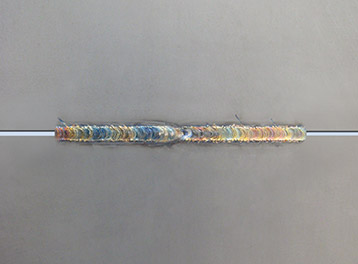
Welded electrodes
Particularly large-scale electrodes or complicated geometries can be produced by welding.
Substrates used:
Niobium (standard material), silicon, tantalum, graphite, ceramics
Coatable geometries:
Boards, expanded metal grates, rods, 3D geometries
Coatable dimensions:
| Standard types: | 500mm x 150mm (Plate electrode) |
| 250mm x 150mm (Plate electrode) |
Small sizes in small quantities can be fabricated economically through the use of waterjet cutting. Larger dimensions are possible on request. Very large-scale types or types with complicated shapes can also be welded.
Diamond layer types:
Electrically conductive diamond (boron-doped) Minimum layer thickness 12 µm (standard), up to 100 µm possible




